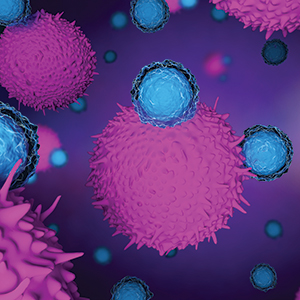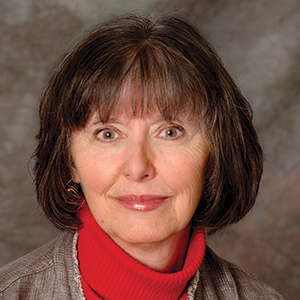Winter 2018/2019 Vol. 08 Issue 04
-
From the Editor-in-Chief
Improving Health After TreatmentThe U.S. health care system must adapt to the needs of cancer survivors.
by William G. Nelson, MD, PhD
-
Your Cancer Guide
Choose Your WorryDeciding when and what to worry about can help with gaining control over fear.
by Hester Hill Schnipper
-
Caregiving With Confidence
Making Rest RoutineHealthy sleep habits should be an important part of self-care for caregivers.
by Aimee Swartz
-
Policy Matters
Public Funding is the Lifeblood of Cancer ResearchLet your voice be heard in support of robust, sustained and predictable federal funding increases.
by George D. Demetri, MD
-
Getting a Read on Cancer
Cancer patients are increasingly receiving treatments guided by the molecular characteristics of their cancer cells. But patients may have unequal access to testing and targeted therapies.
by Kate Yandell
-
Staying Close Through Cancer
Cancer and its treatment can hinder sexual intimacy, but help is available. Talking about the problem is the first step.
by Cameron Walker
-
Tomorrow’s Trials
New tools are being integrated into the research process to ease patients' access to clinical trials and improve their experience.
by Bradley Jones
-
Survivor Profile
The Bridge BuilderBreast cancer survivor Bob Riter forges connections among people affected by all types of cancer.
by Marci A. Landsmann
-
Q&A
Dissecting Mental IllnessNeuroscientist Barbara Lipska describes her experiences with symptoms of psychiatric illness caused by treatment for metastases in her brain.
by Marci A. Landsmann
-
Sound Advice
Your Questions, Our AnswersExperts offer advice on accompanying a friend to a doctor's appointment, responding to a no evidence of disease diagnosis, and sharing the results of genetic testing.
-
Get Involved
That Rings a BellThe End of Treatment Bells fundraiser helps patients mark milestones.
by Sophy Ziss
-
In the Moment- Winter 2018/2019
Readers share snapshots of their lives today.
People with cancer face an increased risk of financial hardship. Education and expert guidance can offer patients a lifeline.
by Thomas Celona
Taking Answers HomeAdvocates bring the patient perspective to the AACR Annual Meeting 2024 and leave with tools to better communicate advances in care to others.
by Eric Fitzsimmons
Lifestyle Choices and CancerWhat people eat and drink and their level of physical activity can affect their risk of having cancer. New interventions aim to reduce risk factors.
by Kevin McLaughlin
Improving Colorectal Cancer Screening OptionsTests currently in development seek to offer greater accuracy and reach more people.
by Eric Fitzsimmons



















